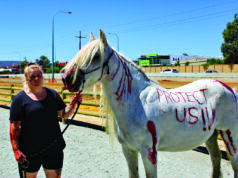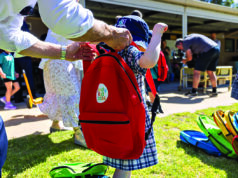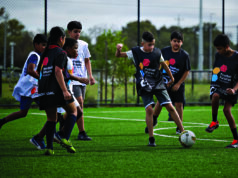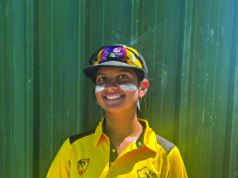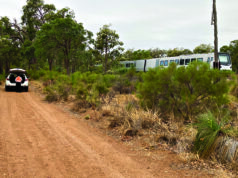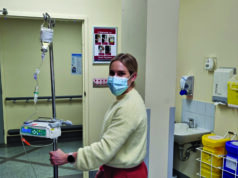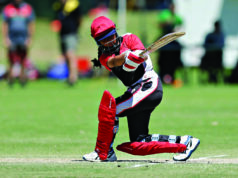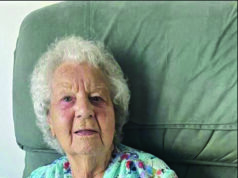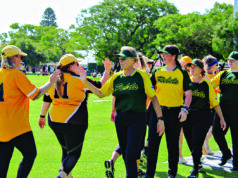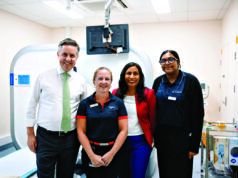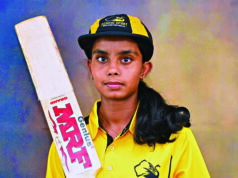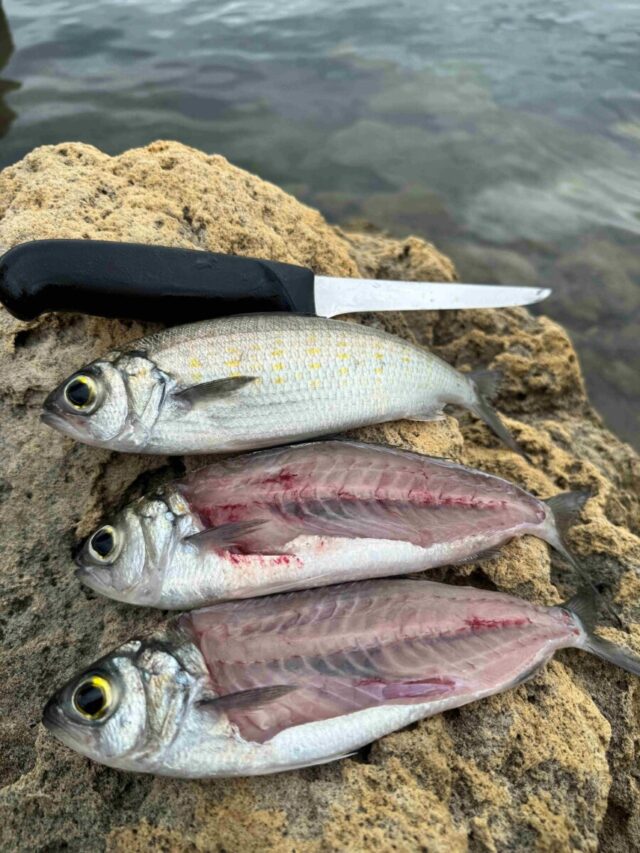
Recreational fishers across Western Australia are being asked to lend a helping hand to science, by donating the leftover skeletons of their catch.
The Department of Primary Industries and Regional Development (DPIRD) is calling on fishers to drop off fish frames or heads from Australian herring, King George whiting and southern garfish, especially those caught along the West and South coasts.
The request is part of the ‘Send Us Your Skeletons’ program, which helps researchers collect vital biological information such as age, growth and spawning times. That data feeds into stock assessments used to monitor the health and sustainability of WA’s fish populations.
DPIRD Senior Research Scientist Daniel Yeoh said the program had been a trusted tool for many years, helping researchers keep track of changes in fish populations.
“We are now collecting samples of important nearshore finfish species to gather biological information that will give us a better understanding of these fish populations and how they are changing over time,” Dr Yeoh said.
“Recreational fishers have long been supporting this program, and we’re keen to continue this relationship to maintain sustainable fisheries.”
Fishers are asked to include details like where the fish was caught and whether it was from a boat or the shore. To get the most out of the donation, frames should have the head, guts and gonads intact.

Sample bags and labels are available from DPIRD offices and participating tackle stores, and frames can be donated fresh or frozen.
“Science-based decision making requires good quality data,” Dr Yeoh said. “The more recreational fishers can help us by donating frames, the better we can ensure there’s fish for the future.”
More information, including drop-off locations, is available at the DPIRD website under ‘Send Us Your Fish Skeletons’.


